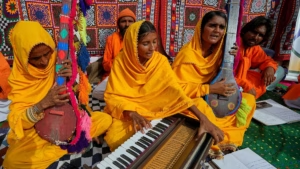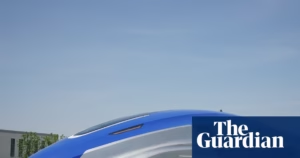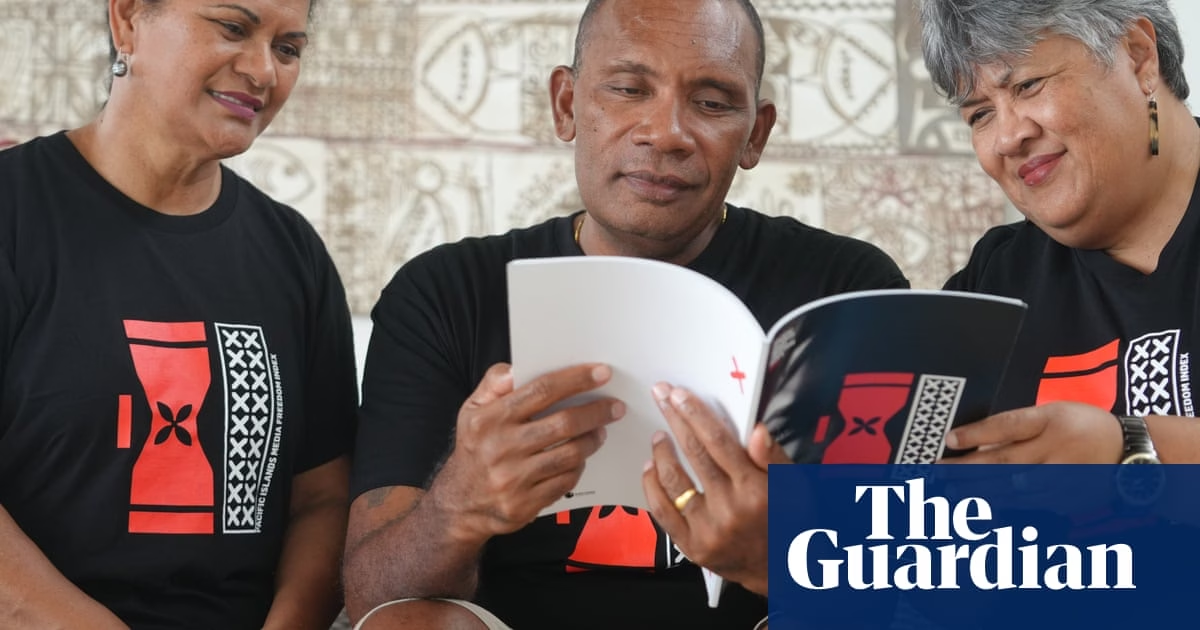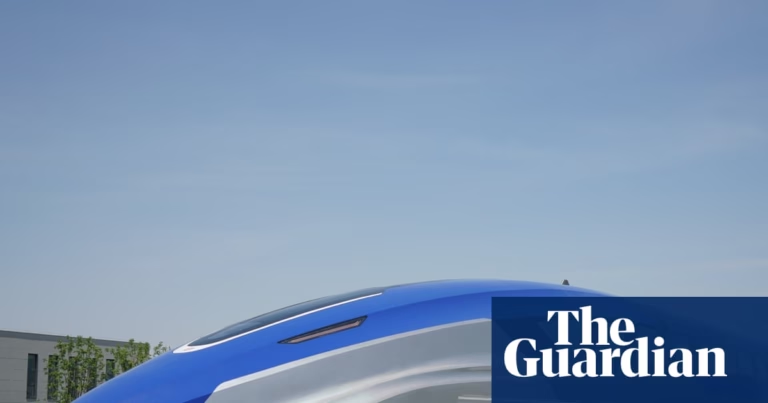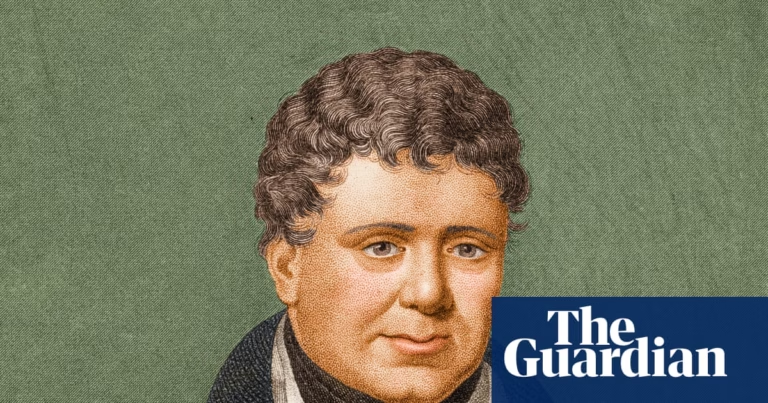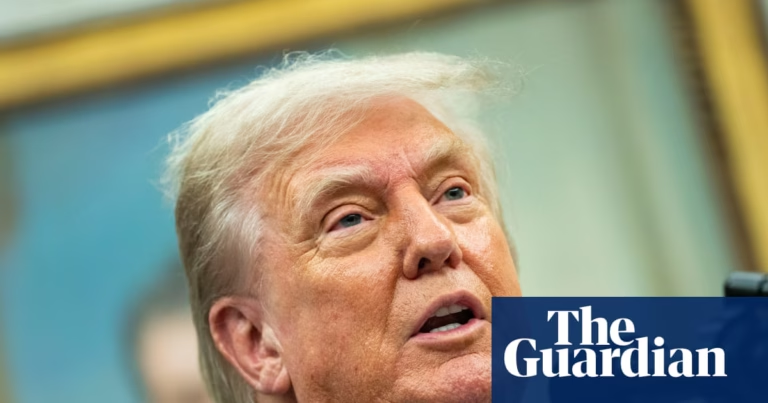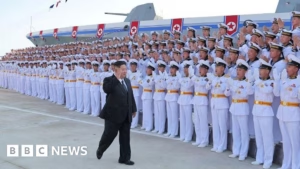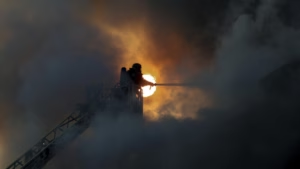The Pacific region is at a critical point in terms of press freedom, warns the Pacific Freedom Forum, as many senior journalists across various Pacific countries are being subjected to costly legal battles and criminal prosecutions for alleged defamation. These legal challenges are threatening to undermine the fundamental principles of press freedom in the region, according to Robert Iroga, the chair of the Pacific Freedom Forum.
The lead chair cited that the Pacific states, although having distinct laws regarding media, often encounter similar cultural and economic challenges that impact press freedom. One major challenge is the small scale and limited financial resources of news outlets, which makes defending against legal suits often impossible, potentially leading to the bankruptcy of these outlets.
There have been growing concerns about press freedom violations in certain Pacific countries, including Solomon Islands and Papua New Guinea. In Solomon Islands, the former Prime Minister, Manasseh Sogavare, was reported to have threatened banning foreign journalists in 2022 if they were not “respectful” in their reporting about the country’s ties with China. In Papua New Guinea, journalists have been suspended for their reporting on specific political matters. According to the Reporters Without Borders Press Freedom Index 2024, Papua New Guinea ranks the lowest among Pacific countries worldwide regarding press freedom.
The high cost of legal defences against potentially bankrupting lawsuits deters full freedom of press, as journalists content with possibly damaging their organisations due to a lack of funds to combat such suits.
Leilani Reklai, the publisher of Island Times in Palau and deputy chair of the Pacific Freedom Forum, is one of those facing legal action. She is being sued for defamation by Surangel and Sons Co, a company owned by the father of Palau’s president, over an article she published concerning the company’s tax affairs. The financial burden of this lawsuit is immense for Reklai, having already cost her $10,000 in legal fees, with the potential to increase fivefold. The local media community is fundraising to support her, although she edges towards having to sell off family land to clear the remaining costs.
Moreover, cultural pressures, particularly in small communities where everyone is related, yield a propensity for self-censorship. The respect for authority and reputation is highly regarded in Pacific cultures, leading individuals to be cautious in reporting that might be too politically or culturally sensitive.
Samoa recently re-criminalised defamation in 2017, with penalties for guilty parties including up to three months in jail. In Papua New Guinea, defamation is also criminal and can result in up to 25 years in prison.
Journalists in the Pacific are united in their fight against these threats to their freedom, with the Pacific Freedom Forum launching a fundraising campaign to support those facing such legal challenges.
Despite these challenges, the regional determination to safeguard press freedom and democracy remains robust.
Source: https://www.theguardian.com/world/2025/jun/17/pacific-faces-critical-moment-in-fight-for-press-freedom-media-watchdog-warns-ntwnfb
